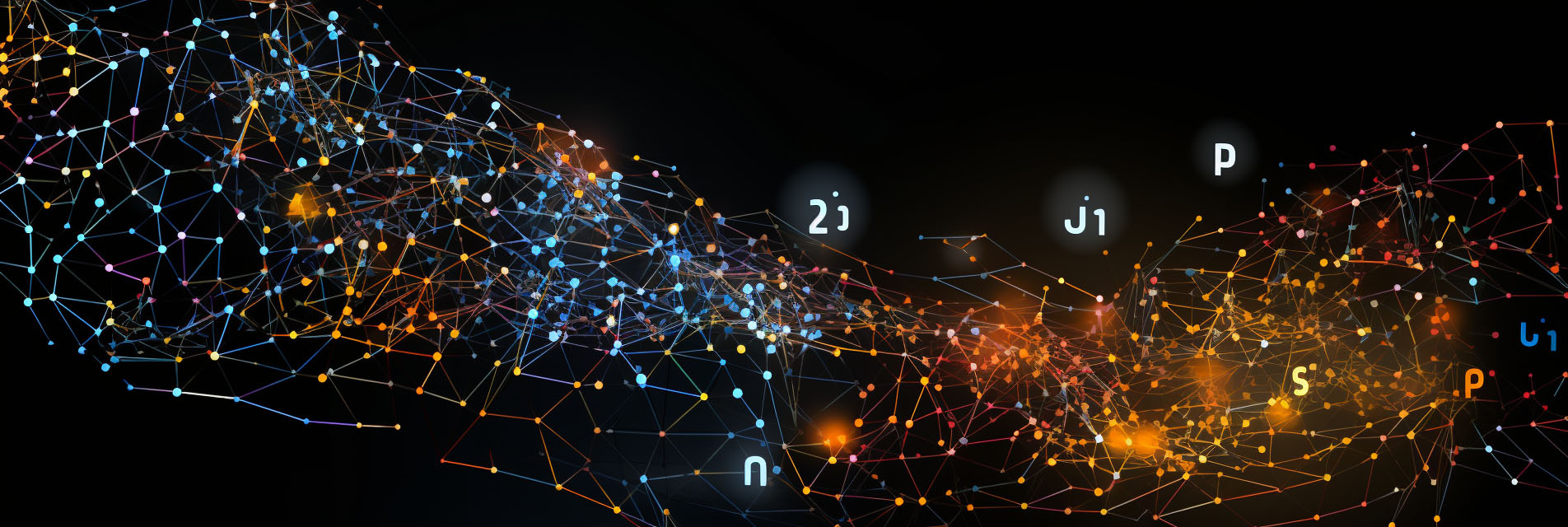Tokenization

Tokenization is a fundamental step in the process of natural language processing (NLP) and text analysis. It involves breaking down a given text into smaller pieces, commonly referred to as tokens. These tokens are usually words, sub-words, or phrases that make it easier for algorithms to analyze and understand the text. Tokenization is often one of the first steps in the NLP pipeline and serves as the foundation for more complex tasks like part-of-speech tagging, parsing, and semantic analysis.
In its simplest form, tokenization can be performed by splitting the text based on whitespace or punctuation marks. However, this basic approach may not be sufficient for all languages or types of text. For example, languages like Chinese and Japanese do not use spaces between words, making whitespace-based tokenization ineffective. Similarly, languages with complex morphological structures, like German or Arabic, may require more advanced tokenization techniques to accurately capture the meaning of words.
There are various algorithms and methods for tokenization, ranging from rule-based systems to machine learning models. Rule-based systems often use regular expressions or predefined sets of rules to identify tokens. Machine learning-based tokenizers, on the other hand, are trained on large datasets to learn the most likely boundaries between tokens in a given language. These advanced methods can handle a wide range of linguistic phenomena, including contractions, abbreviations, and compound words.
Tokenization is crucial for many NLP applications. In information retrieval, it helps in indexing and searching large datasets. In machine translation, it assists in aligning sentences and phrases between different languages. In sentiment analysis, tokenization helps in isolating words that carry emotional weight. It's also essential for text classification, summarization, and many other NLP tasks.
However, tokenization is not without challenges. One issue is that it can be sensitive to the context in which a word appears, making it difficult to create a one-size-fits-all solution. Additionally, tokenization can sometimes lose information, especially when it comes to understanding the nuances and subtleties of human language, such as idioms or colloquial expressions.
In summary, tokenization is a critical component of Natural Language Processing that facilitates the analysis and understanding of text. While it may seem like a straightforward task, it involves various complexities and challenges that depend on the language, the type of text, and the specific application for which it is being used.
See also: